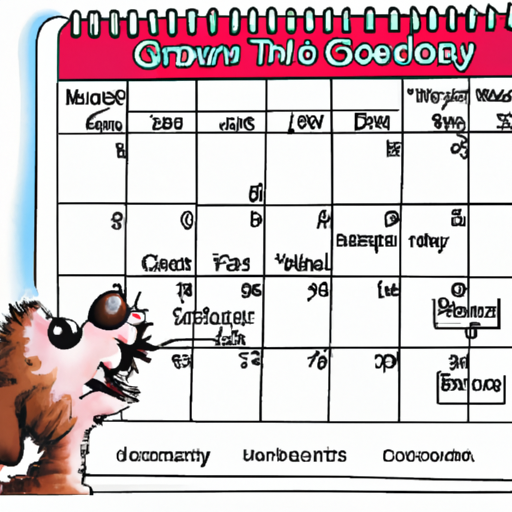Introduction
You’ve just brought home a new puppy, and as a caregiver, you’re naturally concerned about every aspect of your fur baby’s health. Among the list of many things to consider, dental health is one. You might be wondering, “When do puppies get their teeth?” Understanding this stage in your puppy’s life is essential for their overall well-being. In this article, we’ll cover all aspects of this fascinating process.
Understanding Your Puppy’s Dental Journey
Just like humans, dogs have two sets of teeth throughout their lifetime. The first set, often referred to as “milk” or “baby” teeth, are temporary. Your puppy will eventually lose these teeth to make way for their permanent, adult teeth.
- Baby Teeth: Puppies are born toothless. Their baby teeth start to emerge when they are about 2 to 4 weeks old, usually starting with the incisors. By the 6th week, most puppies will have all 28 of their baby teeth.
- Permanent Teeth: The process of losing baby teeth and replacing them with permanent ones, known as “teething,” usually starts around the 12th week. By the time your puppy is about 6 months old, they should have all 42 of their adult teeth.
Signs That Your Puppy is Teething
You might not always find the tiny baby teeth your puppy loses, so here are some signs to look out for to know if your puppy is teething:
- Excessive chewing
- Drooling more than usual
- Changes in appetite or eating behavior
- Red, swollen gums
- Finding tiny teeth around the house
How to Care for Your Teething Puppy
Teething can be a stressful and uncomfortable time for your puppy, but there are ways you can help:
- Offer Chew Toys: These not only soothe your puppy’s gums but also keep them from chewing on inappropriate items.
- Feed Soft Foods: If your puppy seems to be having trouble eating their regular food, try offering some soft foods.
- Use Cold Chews: Cold can help soothe inflamed gums. Try soaking a toy in water and freezing it before giving it to your puppy.
Dental Care for Puppies
Good dental care is essential for your puppy’s overall health. It’s never too early to start a dental care routine. Here are some steps to follow:
- Start by getting your puppy used to having their mouth touched.
- Gradually introduce a toothbrush and canine toothpaste.
- Brush your puppy’s teeth regularly.
Importance of Regular Vet Check-ups
Regular vet check-ups are essential to monitor your puppy’s dental health. Vets can spot potential problems before they become serious and can also give you advice tailored to your puppy’s specific needs.
| Age | Dental Check-up |
|---|---|
| 8 weeks | First dental check-up |
| 6 months | Check-up to ensure all adult teeth have come in properly |
Frequently Asked Questions
Q: When do puppies get their first teeth?
A: Puppies usually get their first baby teeth around 2 to 4 weeks of age.
Q: When do puppies lose their baby teeth?
A: Puppies usually start losing their baby teeth and getting their adult ones around 12 weeks of age.
Q: How many teeth do puppies have?
A: Puppies have 28 baby teeth, which are replaced by 42 adult teeth.
Q: How can I help my teething puppy?
A: You can help by offering chew toys, feeding soft foods, and using cold chews to soothe their gums.
Q: How often should I brush my puppy’s teeth?
A: Ideally, you should brush your puppy’s teeth daily, but a few times a week is still beneficial.
In conclusion, understanding when puppies get their teeth and how to care for them can go a long way in ensuring the health and happiness of your furry companion. Always remember, your vet is your best resource for any health concerns about your puppy.



